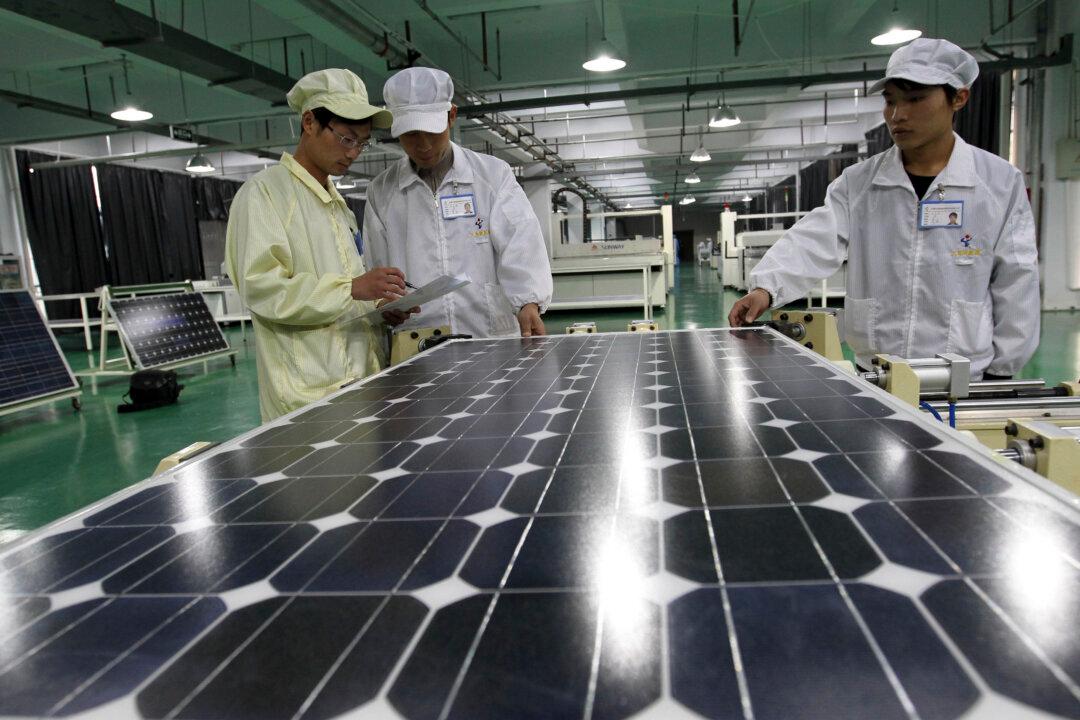Commentary
To the great consternation of foreign policy ideologues, the U.S.-led Western world is finally coalescing around the reality that cold national interest is the primary driver of a country’s foreign policy.

To the great consternation of foreign policy ideologues, the U.S.-led Western world is finally coalescing around the reality that cold national interest is the primary driver of a country’s foreign policy.